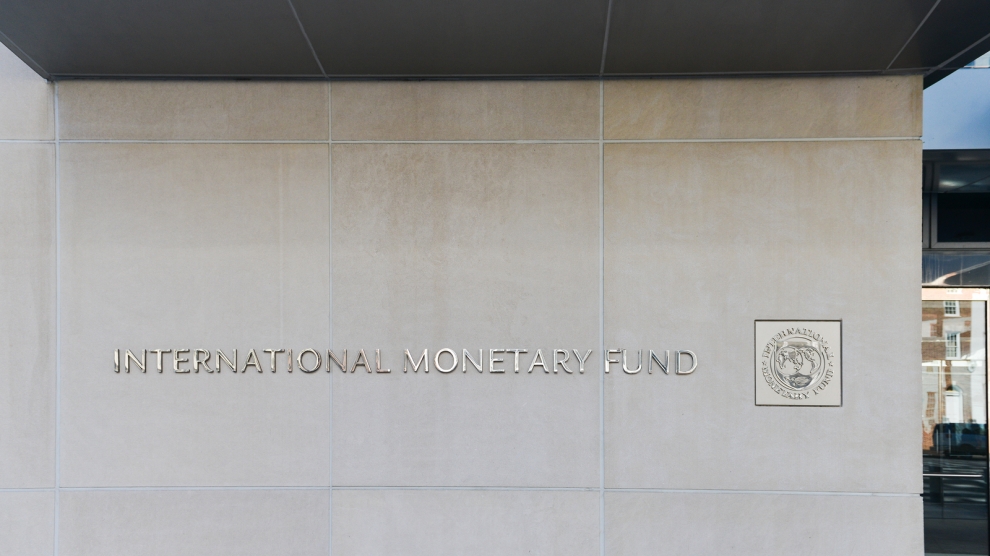An International Monetary Fund (IMF) team led by Deputy Division Chief Mercedes Vera Martin visited Tbilisi from April 2-16 to conduct the second review of Georgia’s economic programme supported by the IMF’s Extended Fund Facility (EFF) arrangement.
“Following productive discussions, the Georgian authorities and the IMF have reached a staff-level agreement on the second review under the EFF,” said Ms Vera Martin. “The agreement is subject to approval by the IMF’s Executive Board, which is tentatively scheduled to consider the 2018 Article IV consultation and the second EFF review in June. Completion of the review will make around 43.6 million US dollars available to Georgia under the EFF, bringing total disbursements to around 130 million euros.”
The IMF sees growth in Georgia remaining strong in 2018, and expects growth to accelerate over the medium term, supported by structural reforms and infrastructure projects.
“Growth in 2017 was stronger than expected, due to robust economic activity in main trading partners and buoyant domestic consumption,” said Ms Vera Martin. “Annual inflation reached 6.7 per cent at end-2017, and fell to 2.8 per cent in March 2018 as the impact of excise increases dissipated. Rapid growth in exports, tourism, and remittances narrowed the current account deficit to 8.7 per cent of GDP in 2017. Credit to the private sector supported economic activity. The fiscal deficit was lower than expected under the program due to strong revenues, driven by the economic recovery. Higher revenues and contained current spending provided space to increase public investment and repay higher VAT credits. Growth in 2018 is expected to remain strong, with risks to the outlook balanced. The current account deficit is expected to widen slightly due to higher oil prices and public investment. Over the medium term, sustained implementation of Georgia’s economic reform programme is expected to support higher and more inclusive growth by fostering private investment, productivity, and competitiveness.”
Fiscal prudence, together with scaling-up public investment and comprehensive education reform, will be critical to support higher and more inclusive growth.
“Fiscal prudence is expected to continue,” continued Ms Vera Martin. “The fiscal deficit is expected to decline from 2.9 per cent in 2017 to 2.8 per cent in 2018, while allowing for additional VAT credits repayments and capital spending. The deficit is projected to gradually decline over the medium term. To achieve this while scaling-up public investment will require identifying spending efficiency gains and firmly containing other public expenses. The authorities also plan to strengthen their fiscal framework and public investment management, enhance revenue administration and the monitoring of SOEs, increase public sector efficiency, and limit fiscal risks while improving their disclosure.”


Add Comment